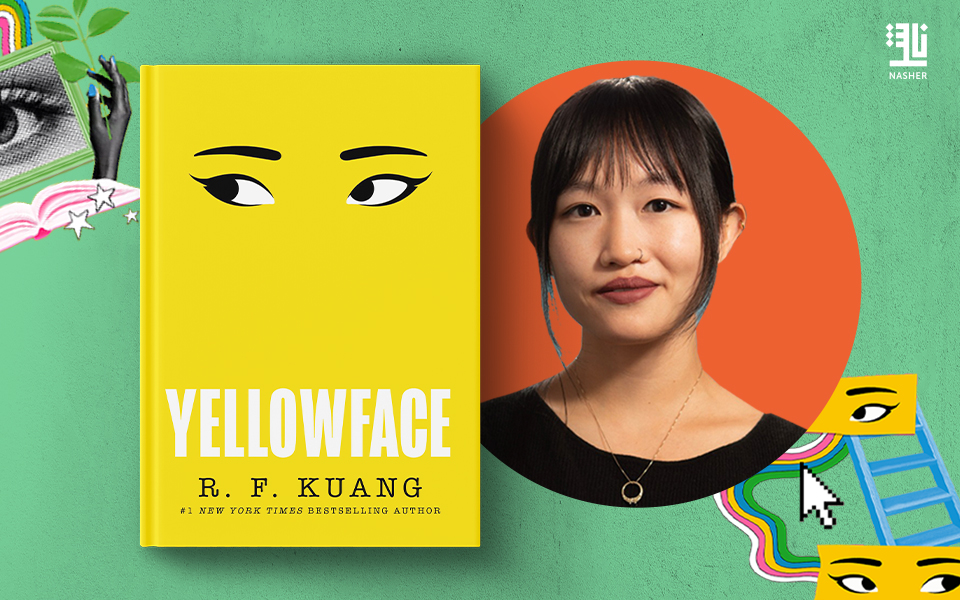« Yellowface » se déroule dans le monde de l’édition et raconte l’histoire de deux jeunes romancières à Washington DC. June Hayward, dont le premier roman n’a pas eu beaucoup de succès, est jalouse du succès de son amie Athena Liu, l’étoile montante de la littérature américano-asiatique. Après la mort accidentelle d’Athena, June vole le manuscrit de son prochain roman et le publie sous son propre nom, obtenant enfin le succès littéraire qu’elle désirait tant.
Cependant, dès le début, des doutes surgissent quant à l’authenticité de ce roman sur les travailleurs chinois écrit par une femme blanche. Les éditeurs de June lui suggèrent de se rebaptiser Juniper Song et de se présenter sous une apparence ambiguë pour brouiller les pistes. Malgré ses efforts pour cacher son plagiat, June est rapidement confrontée à un scandale croissant de plagiat, notamment à cause des soupçons soulevés sur les réseaux sociaux et des enquêtes menées par des proches d’Athena.
« Yellowface » explore les thèmes de la rivalité, de la vengeance et de la diversité raciale dans l’industrie de l’édition. Avec une intrigue captivante et des rebondissements, le roman de Kuang critique les pratiques de l’édition tout en maintenant le lecteur en haleine. Bien que June soit présentée comme la « méchante », le lecteur peut parfois ressentir de la sympathie pour elle. Nous avons attribué la note de 8/10 à ce roman. « Yellowface » de Rebecca F. Kuang est publié par HarperCollins UK.









